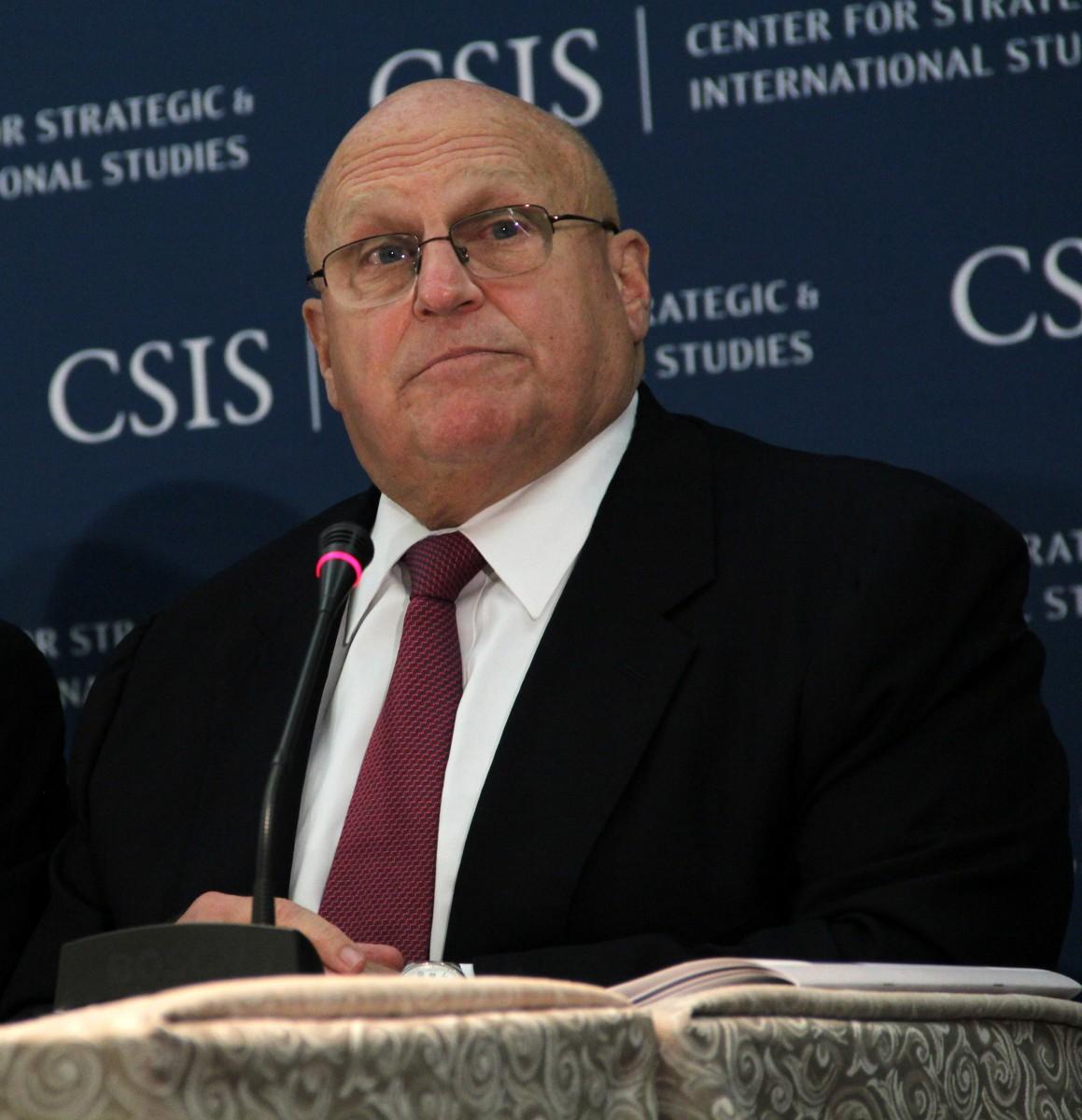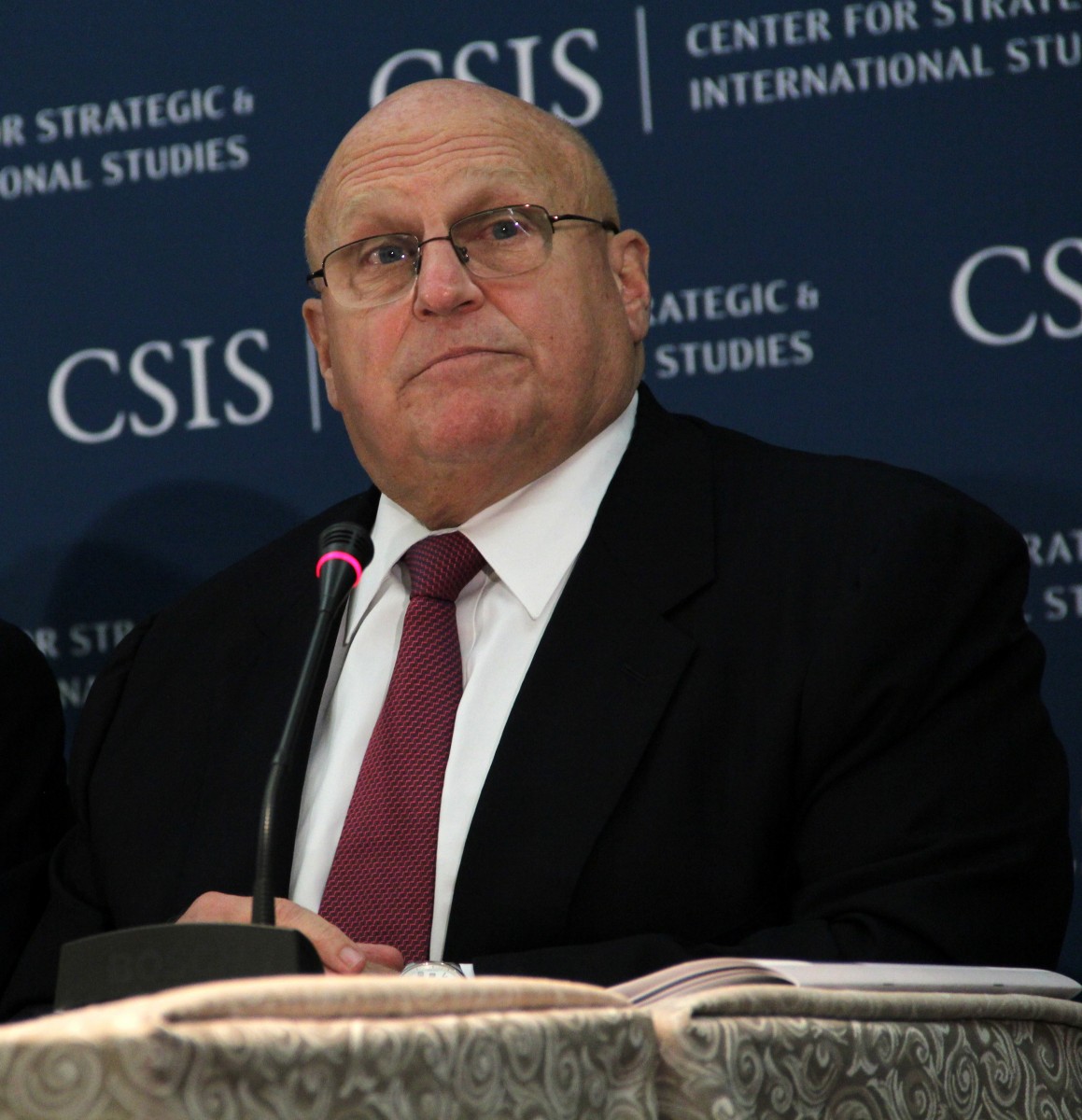WASHINGTON—Richard Armitage, a former Deputy Secretary of State, says the United States should sign the U.N. Convention on the Law of the Sea (UNCLOS), dismissing opposition as “absurd.”
“I find it quite ironic,” he told The Epoch Times at a forum in Washington, D.C., on Aug 15. “We abide by the conventions of the Law of the Sea and we don’t get the protections of it because we are not technically a signatory, so I think it is absurd.”
UNCLOS is widely seen as the most appropriate legal framework by which to manage international maritime disputes, as among other things, it defines acceptable passage through territorial waters, plus business and environmental guidelines for managing ocean and marine resources.
The United States is the only member of the U.N. Security Council that has not signed the convention. Signatories include 161 countries plus the European Union.
Under UNCLOS, a country would have sovereign rights over resources in marine territory extending up to 200 nautical miles (230 miles, 370 kilometers) off its coast.
The United States has the world’s second-largest coastline and, under UNCLOS, stands to gain up to 600 miles of territory into the Arctic from Alaska, Secretary of State Hillary Clinton told a Senate Committee on Foreign Relations hearing earlier this year.
“No country is in a position to gain more from the Law of the Sea Convention than the United States,” she said.
The treaty ensures safe passage for trade and provides a legal framework for companies to invest in maritime oil and gas exploration, to pursue resources like rare earth minerals, and for telecommunication companies to lay submarine cables.






